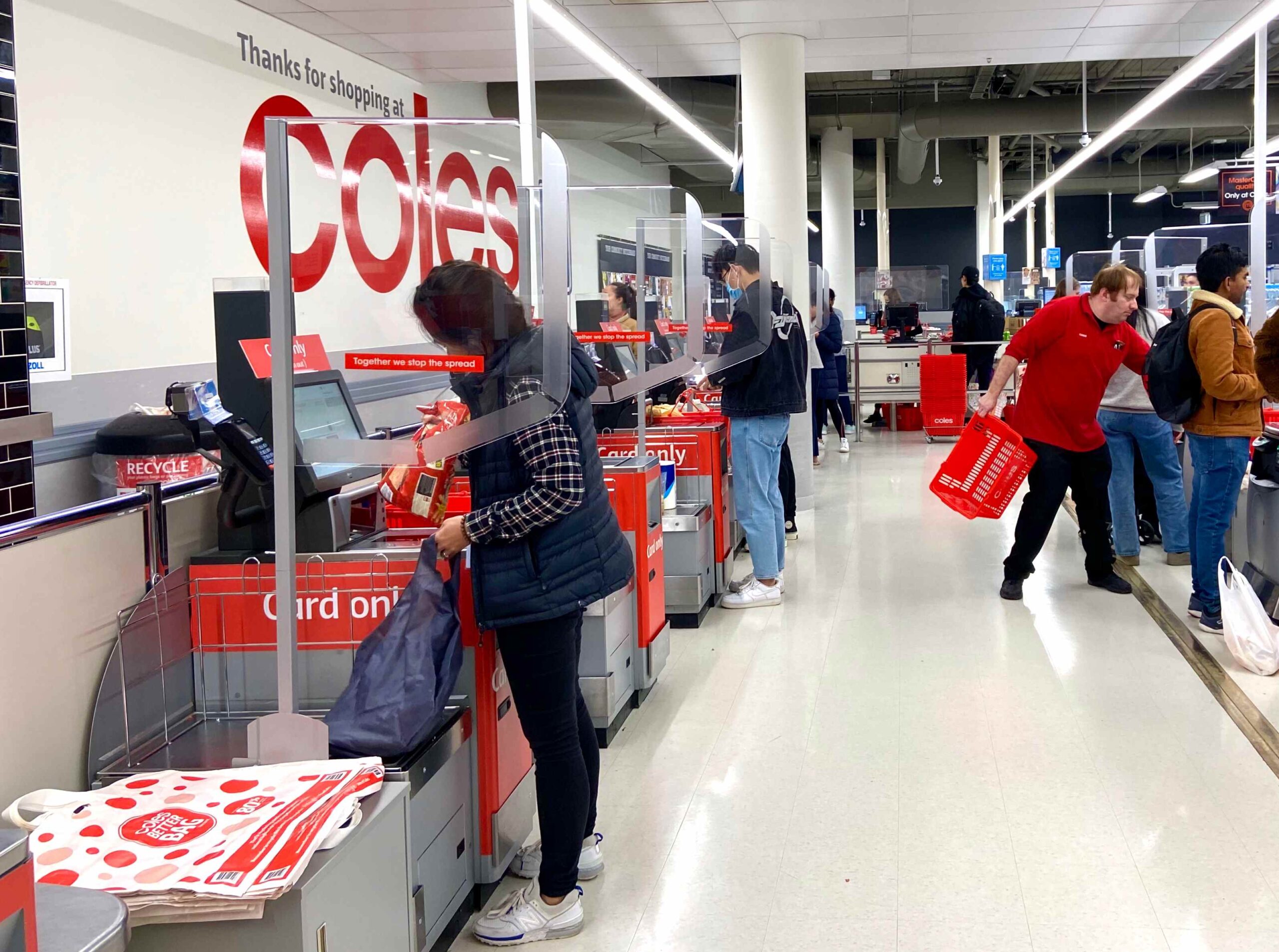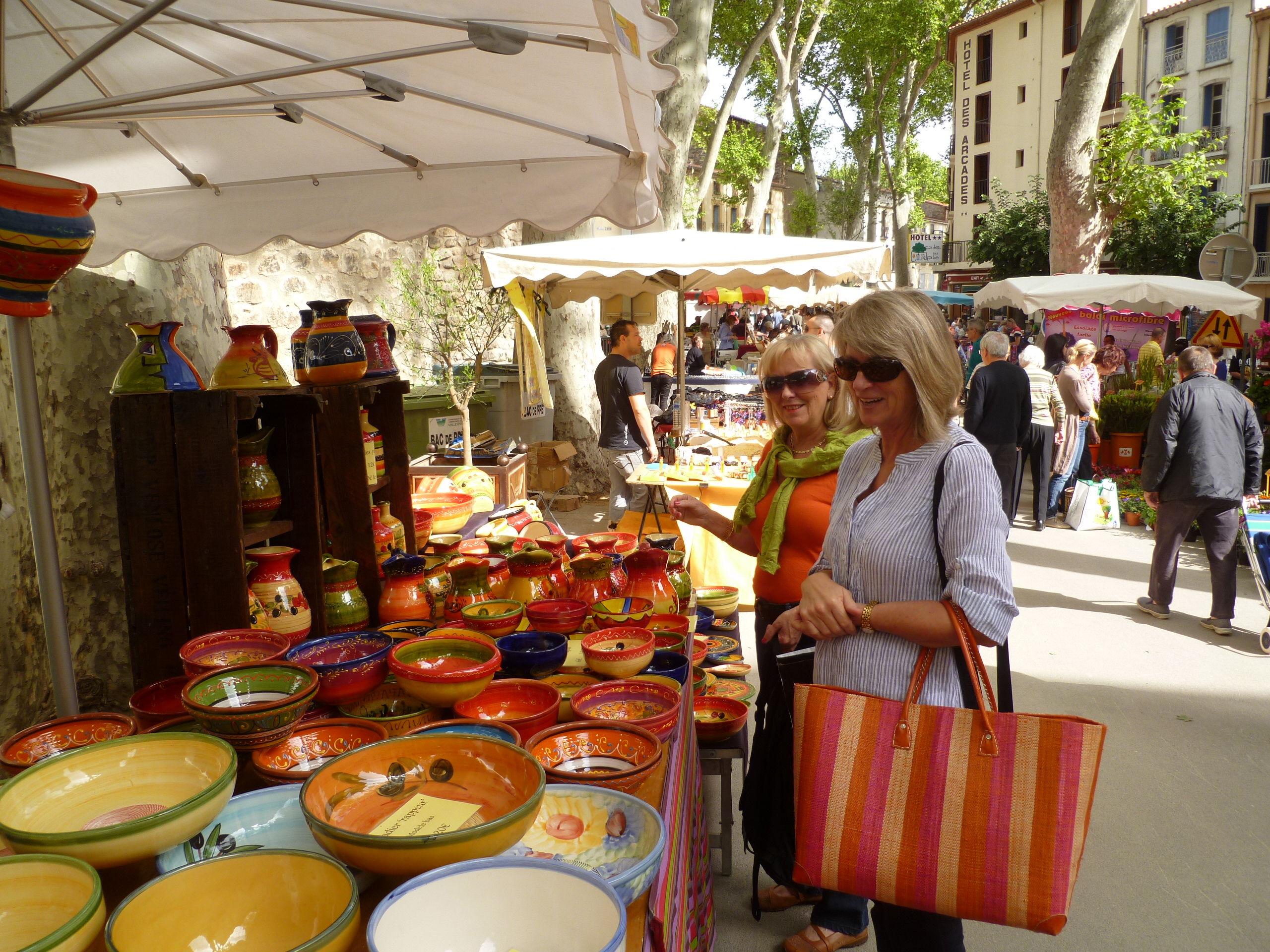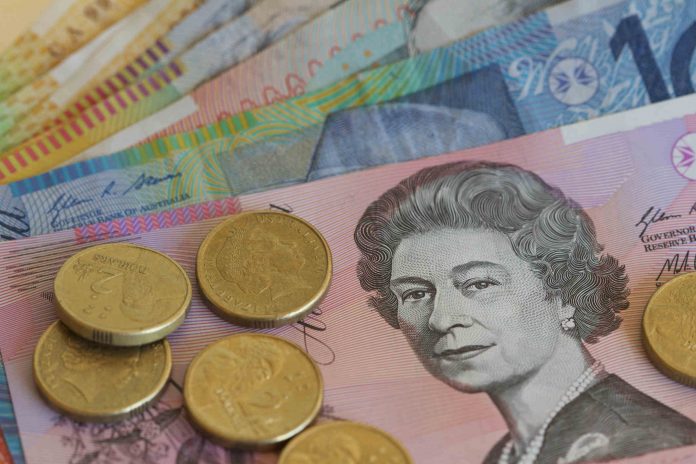Australia may be only decades away from becoming a cashless society, a University of the Sunshine Coast finance expert believes, but we have plenty of work to do towards that transition.
This is the first story in a series on Australia’s march towards a cashless society
Professor Sajid Anwar, from UniSC’S School of Business and Creative Industries, said the pace and success of the global transition to cashless societies was influenced by various factors but countries such as Sweden and cities including Reykjavik in Iceland were already serving as models for the successful, widespread adoption of digital payments.
Sweden has embraced a cash-free economy to the point where it is now almost entirely cashless, with other countries such as Finland and China not far behind.
Australia is considered one of the top 10 “cash-averse” nations and Dr Jane Stephens highlighted the pros and cons in a recent Sunshine Coast News column.
A cashless society is one where physical banknotes and coins are not accepted in any financial transaction and are no longer produced.
Transactions between businesses or from person to business are completed digitally with the use of credit or debit cards, electronic money transfers such as BPay, cryptocurrency, or online and mobile payment services including PayPal and Apple Pay.

Prof Anwar said factors such as economic conditions, technological infrastructure, regulatory frameworks and consumer readiness played a significant role in the transition. And while the trend towards cashlessness was expected to continue, the extent and speed of adoption would vary from one region to another.
“In the case of Australia, the transition to a cashless society is likely to progress, driven by factors like digital readiness, government initiatives, consumer adoption, regulation and financial inclusion efforts,” he said.
“While it’s challenging to predict the exact timeline, Australia could make significant strides in becoming cashless within the next 20 years or sooner, with digital payments becoming the norm.

“However, some segments of the population may continue to rely on cash for various reasons, emphasising the need for a balanced approach.”
For many of today’s older generations, cash was king when they were growing up and its benefits are hard to shake.
Baby boomers often lament the ability to hold cold, hard cash in their hands, and knowing the feeling of angst when having to part with any of it each payday.
Cash gave people more bargaining power with car yards and secondhand sellers.
You knew when you reached your limit in buying drinks at the pub, gambling with the bookies or TAB, and at the Ekka or show because there was simply nothing left to hand over.
Remote areas of the Outback still prefer cash; second-hand sellers and some market stallholders often state they will only take cash to ensure they aren’t “ripped off” or have to pay an eftpos fee; and many vendor machines have not yet been upgraded to cards and still only take coins or notes.
Do you have an opinion to share? Submit a Letter to the Editor at Sunshine Coast News via news@sunshinecoastnews.com.au. You must include your name and suburb.
Cash is no longer the “go-to” as technology improves and spreads.
We’ve become accustomed to the ‘tap and go’ at the checkout with our debit or credit cards.
We are used to filling in our card details and personal information online to book anything from hotel rooms and airline tickets or paying for store purchases and at-the-table pub menu orders.
Instead of grandma sending $20 through the mail in a birthday card, she’s now more likely to email us a store gift card.

Employers prefer transactions being automatically uploaded and credited to their account than having to worry about the register being short.
Even swanky restaurants here and in overseas destinations, including the US and Canada, add a percentage increase on the bill as a service tip.
We are more likely to shop around online for big-ticket items rather than walk around with a wad of notes, going from retailer to retailer, seeking the best bargain.
But we also may have become slaves to the convenience that technology has given us.
When the internet goes down, we’re out of phone service connection range or there’s a power/device outage, we find ourselves caught short or stuck, frustrated and unable to move forward with our everyday lives.
Want more free local news? Follow Sunshine Coast News on Facebook, LinkedIn and Instagram.
Prof Anwar said the benefits of moving towards a cashless society included enhanced convenience, reduced theft and fraud, financial inclusion, cost savings, digital record-keeping and improved economic efficiency.
On the flipside, concerns existed about a digital divide, privacy, security risks, dependence on technology, transaction fees, potential financial exclusion and the loss of anonymity in financial transactions.
“Striking a balance between the convenience of cashless payments and the need for security, privacy and financial inclusion remains a complex challenge,” he said.
Cashless societies are not a 21st century invention.
Until Mesopotamia (now mostly Iraq) created the shekel – considered the first form of currency – about 5000 years ago, there was bartering.

Bartering – the exchange of goods and services between people that the Mesopotamians also are said to have introduced to the Phoenicians another 1000 years earlier – still continues today.
In countries such as Morocco and Fiji, for example, bartering has always been a massive part of their cultures, especially in rural areas.
Help keep independent and fair Sunshine Coast news coming by subscribing to our FREE daily news feed. All it requires is your name and email at the bottom of this article.
Bartering is also strong in some neighbourhoods and communities, including our own region: a self-employed ceramic tiler agrees to spruce up a painter mate’s home bathroom in exchange for a colour refresh in a lounge room; hinterland hobby farmers swap a basket of vegies for a box of fruit between themselves; or one neighbour bakes their prized teacake for another’s hearty casserole.
Modern-day bartering (known as a barter exchange) is also creating new partnerships between businesses and doing away with money transactions altogether.
US-based International Reciprocal Trade Association, for example, was founded in 1979 as a non-profit organisation with members ranging from doctors and lawyers to retailers and service companies. Members can exchange their professional services for barter credit, which they can then use to “buy” the services of another member.

“The concept of business bartering, including organised associations, has the potential to gain momentum not only in Australia but globally,” Prof Anwar said.
“Business bartering offers advantages such as cost savings, resource optimisation, networking opportunities, flexibility and sustainability.
“However, challenges related to valuation, the double coincidence of wants, record-keeping and regulation must be addressed.
“The growth of business bartering in Australia will depend on factors such as increased awareness, economic conditions, technology, the regulatory environment and the willingness of businesses to embrace alternative exchange methods.
“As businesses explore cost-effective solutions, business bartering may play an increasingly significant role in the evolving economic landscape.”

But there are major implications for the Australian economy, too, if we choose to go completely cashless.
ABC’s The Conversation reported last year that it costs the Royal Australian Mint far less to make any coin than each one’s value the moment it is sold to a bank, and that before metal prices climbed, it cost the mint about 20 cents to make a $2 coin, and about 15 cents to make a 50-cent coin.
The profit goes straight to the Commonwealth budget as non-taxation revenue worth tens of millions of dollars per year.
The revenue is called “seigniorage”: an ancient French word that refers to the profit only a seignior (feudal lord) can make from the exclusive right to mint coins.
Prof Anwar said the loss of seigniorage income resulting from the discontinuation of coin and note production by the Royal Australian Mint would significantly impact the Australian economy.
“While ceasing coin and note production could lead to cost savings, increased efficiency and a reduction in counterfeiting risks, it would also result in a substantial loss of revenue for the government,” he said.
“The impact would depend on the magnitude of seigniorage income and the government’s ability to manage the transition effectively.”

THE ROAD TO A CASHLESS AUSTRALIA
Prof Anwar offers these points for the transition to a cashless society.
Small business preferences: Small businesses often find digital payments more convenient and cost-effective. Accepting digital payments can streamline operations, reduce the risk of theft and provide opportunities for digital record-keeping.
Change issues: In countries where digital payments are prevalent, cash transactions may become less common. When cash is used, businesses might face challenges in providing change, as they may not have sufficient cash on hand due to decreased cash usage (many small businesses in China prefer not to deal with cash – when cash is used by some, they often do not receive any change back.
Government initiatives: Government support and initiatives, as seen in China with the development of the digital yuan (e-CNY), can significantly accelerate the transition to cashless economies. These initiatives can promote the adoption of digital payment methods.
Consumer convenience: Consumers in cashless societies benefit from the ease of digital payments, which can be made via mobile apps, QR codes, contactless cards and other digital platforms. This convenience encourages further adoption.
Retail and service sector integration: Businesses in the retail and service sectors, including restaurants, shops and transportation providers, often play a pivotal role in driving cashless adoption. They provide the infrastructure and incentives for customers to use digital payments.
Security and trust: Robust security measures and consumer trust in digital payment systems are crucial factors in the success of cashless societies. Governments and financial institutions invest in security measures to protect digital transactions.
Financial inclusion: Efforts are made to ensure that even small businesses and individuals without bank accounts can participate in cashless transactions. This can be achieved through mobile banking and digital wallet solutions.





